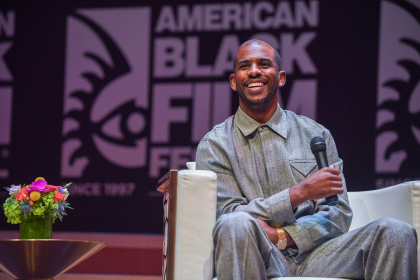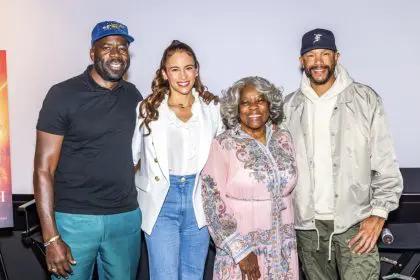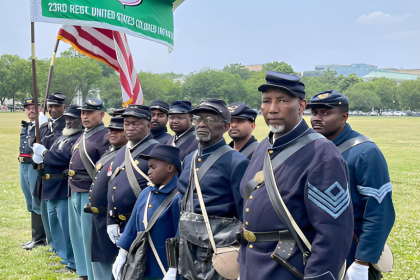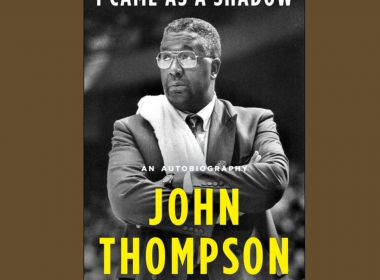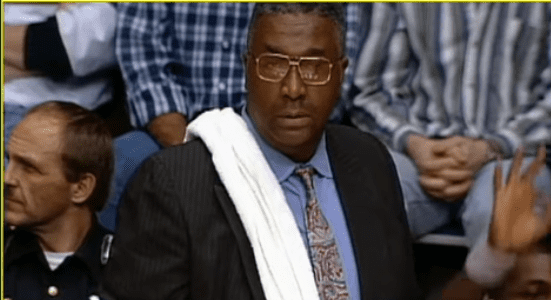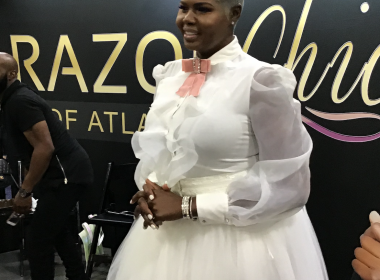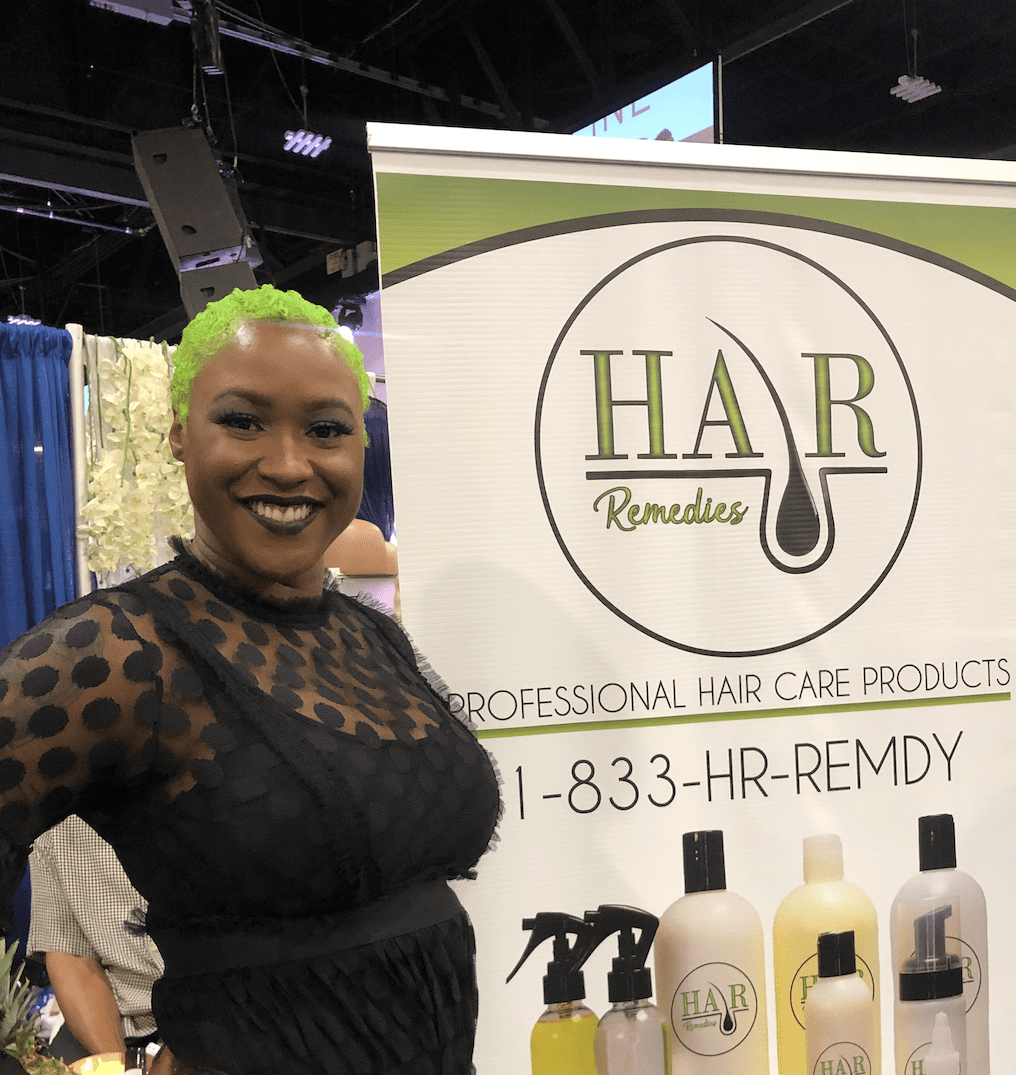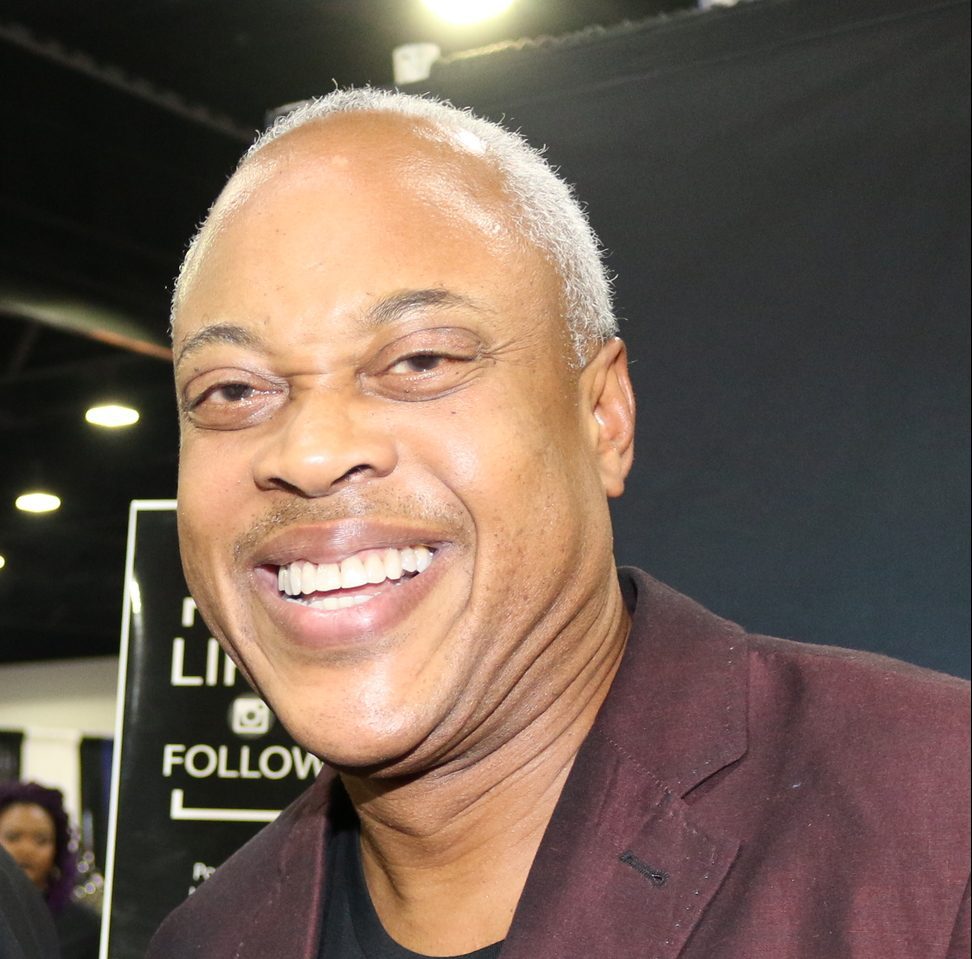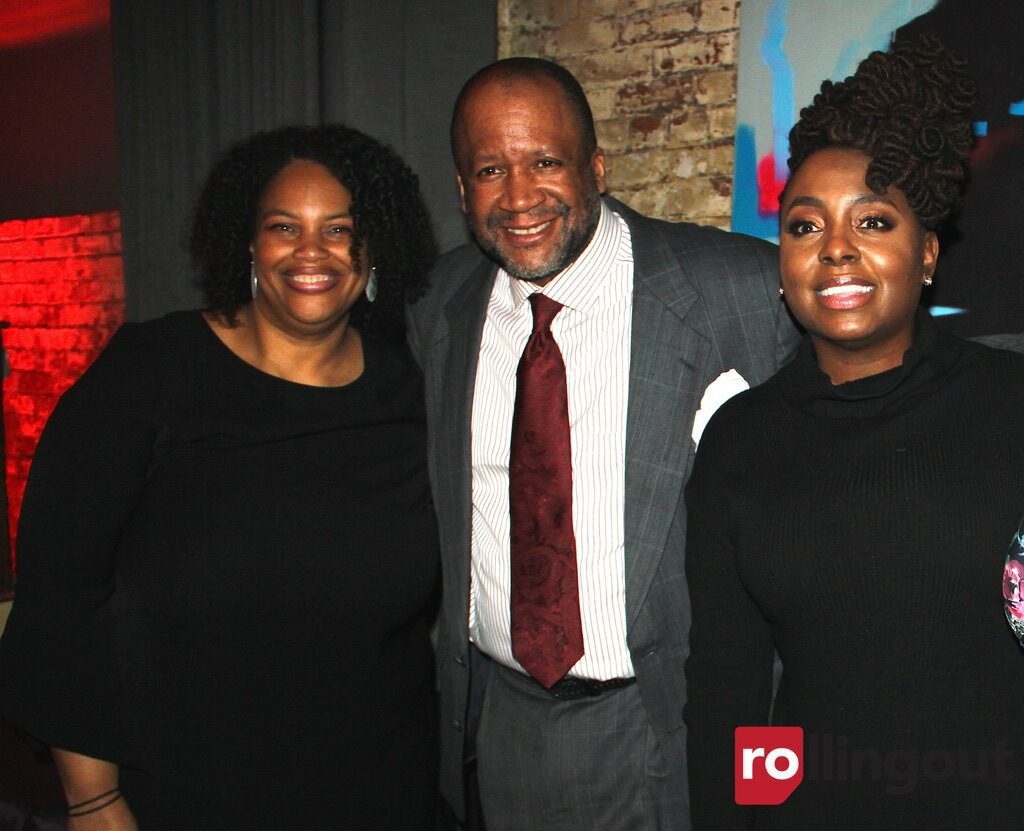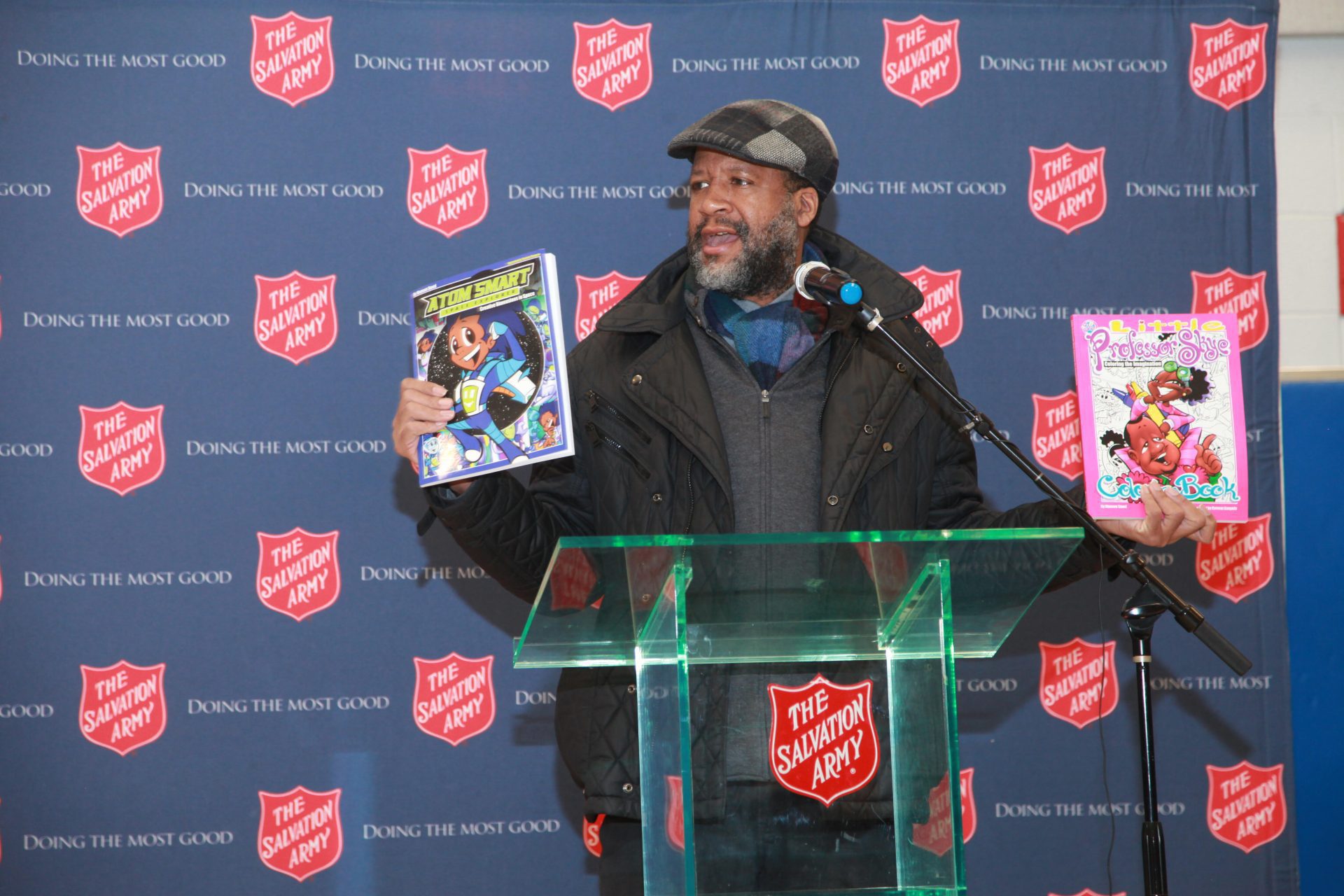
The idea of progress is associated with iconic leaders and celebrities on TV. When we speak of success, we reference Jay Z and Magic Johnson, but when white Americans talk about success, they mention Warren Buffett and Microsoft founder Bill Gates.
It’s amazing that Bronner Bros.’ CEO Bernard Bronner does not come into the discussion. The Bronners provide a platform for business owners, models, beauty industry artisans and creators to showcase their talents and products at the biannual Bronner Bros. International Hair and Beauty Show. There’s Gary Gardner, son of Soft Sheen’s founder Edward Gardner, who was part of the largest sale of an African American hair care company in history. At the time of the sale in 1996, the company was valued at $97 million.
The same can be said of Herman J. Russell Sr., who owns a bank and is a leading concessionaire with food and beverage outlets throughout major airports in the U.S. and Virgin Islands, Concessions International; he’s collecting money 365 days a year. His company, HJ Russell & Company, provides property management services for nearly 16,000 families living in Chicago Housing Authority properties and they’re also worldwide developers.
Even when we travel to Los Angeles and eat at Pips on La Brea and Roscoe’s House of Chicken and Waffles, do we think of the fact they’re black business owners and they’re employing people? Are we only celebrating the icing and the hype?
Studying money and life’s opportunities more critically doesn’t ignore the impact of those who employ hundreds of thousands of individuals, like it does when we focus only on those who are constantly promoted via their PR machine. Bronner provides an international platform to showcase new and up-and-coming models. Pips and Roscoe’s provide first opportunities for individuals to become restaurant general managers. Let’s not forget the hundreds of McDonald’s owners who are a part of the Black McDonald’s Operators Association, which dictates and says which African American businesses and media can be a part of the discussion. Are we becoming more owners of businesses? Or are we talking about celebrities to the point that we don’t understand that we need to know how to run a business to sustain a business and employ individuals?
As we strengthen our communities, we must understand that we need to support black businesses. We must support companies that support black businesses and our leaders including those in high-ranking positions at Fortune 500 Companies like CEOs John Thompson of Symantec and Kenneth Chenault of American Express. You don’t have to wonder who has more influence. But why hasn’t Chenault made a rap song or been considered a mastermind by his community? An individual who chooses to be a McDonald’s owner helps generations.
Let us be careful of who we support, take pictures of and tweet about if we are not going to look out for people who are truly leaders as business owners.
It is important for us to move forward and stand collectively to understand we need to own more real estate and businesses. For every corporation that receives a dollar from our economy, they need to buy from black-owned businesses, not just black-faced businesses.
It is the reflection of a new generation but we also want them to say Bronner Bros. and rolling out. We want them to highlight in their Twitter feeds beyond the club they party in and the bottles they pop. Here’s to you. Here’s to the business giants who are really about the business of expanding our community.
We want Diddy and Revolt to partner with other black-owned media companies as diligently as they do mainstream media companies.
Our individual goals should be a reflection of the success that runs in our race.

